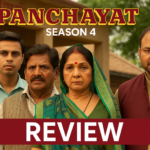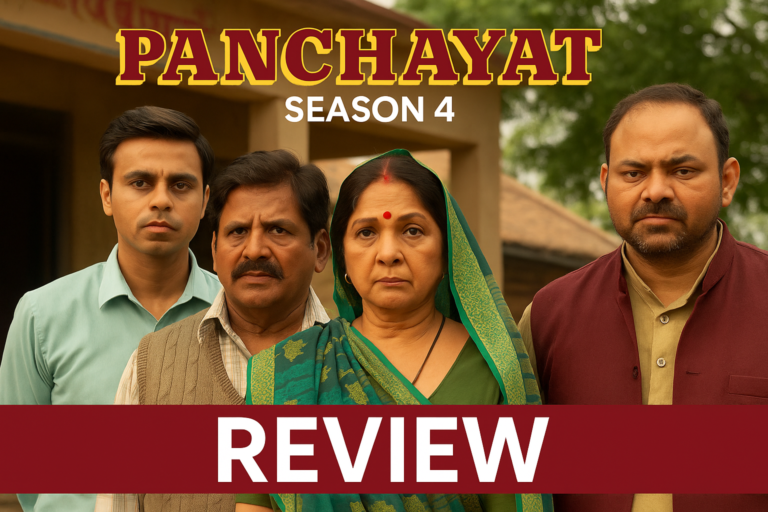One Nation, One Election Proposal: President Droupadi Murmu Highlights Governance Benefits
New Delhi, January 26, 2025 — President Droupadi Murmu has thrown her weight behind the much-discussed “One Nation, One Election” proposal, asserting that it could prevent policy paralysis and foster streamlined governance across India. Her remarks came during the Republic Day celebrations, where she outlined the initiative’s transformative potential for India’s democratic landscape.

Understanding the One Nation, One Election Concept
The “One Nation, One Election” proposal envisions synchronized elections for the Lok Sabha and state legislative assemblies. By holding these elections simultaneously, it aims to reduce frequent disruptions to governance caused by repeated electoral cycles.
Benefits of One Nation One Election for India
President Murmu emphasized the policy’s advantages, particularly its ability to prevent the frequent imposition of the Model Code of Conduct, which often delays crucial decision-making.
“Frequent elections divert governments’ focus and resources from long-term policy implementation. This initiative will ensure continuity and efficiency in governance,” the President remarked.
Key benefits include:
- Cost Savings: Reduced election-related expenditure at state and national levels.
- Administrative Efficiency: Less strain on security forces and election officials.
- Policy Continuity: Governments can focus on long-term development projects without interruptions.
Challenges and Concerns in Implementing the Proposal
Despite its benefits, the proposal has sparked debates among political experts and opposition leaders. Critics argue that it may disrupt India’s federal structure and present logistical challenges, such as aligning the election schedules of various states.
President Murmu addressed these concerns, urging stakeholders to engage in constructive discussions. “Our democracy thrives on inclusivity. It is essential to build a consensus and address legitimate apprehensions before embarking on this historic reform,” she said.
The Road Ahead: Building Consensus
The government has already set up a high-level committee to study the feasibility of implementing simultaneous elections. This initiative, if executed, would mark one of the most significant electoral reforms in India’s history.
What Lies Ahead?
As the debate around “One Nation, One Election” intensifies, its potential to reshape India’s democratic processes cannot be understated. While the road to implementation is fraught with challenges, the proposal promises a more streamlined and efficient governance system if consensus is achieved.

















nnllkn
Keep it up